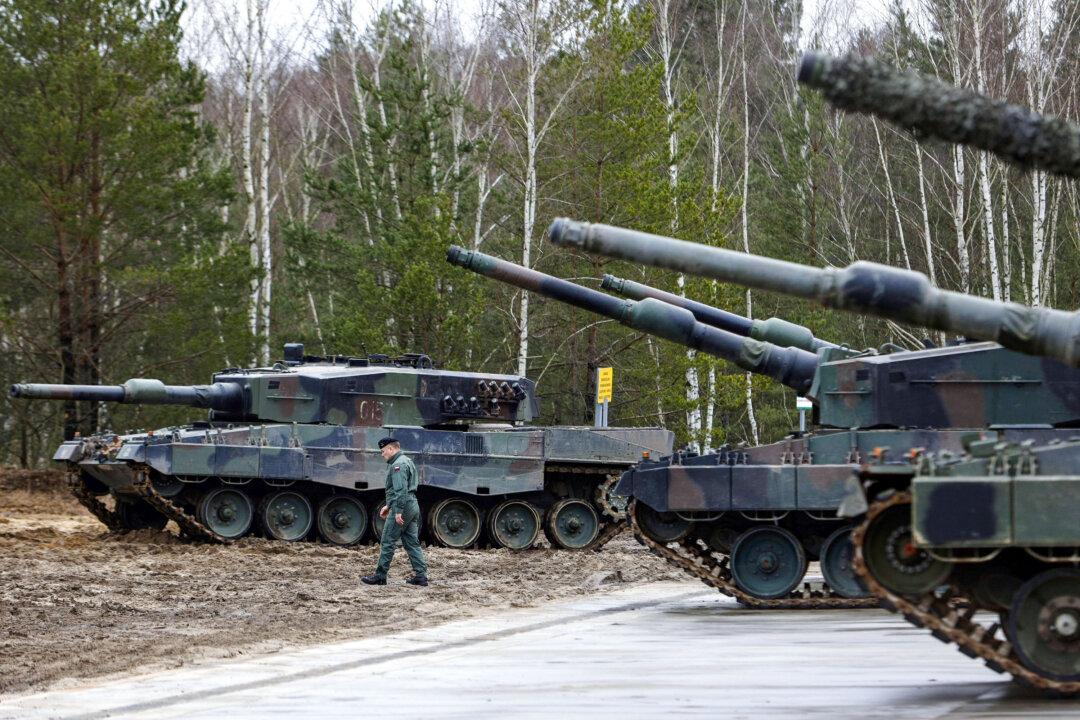Poland’s army chief said on July 10 that his country is preparing for a “full-scale conflict” as the country moves to boost the number of troops along its border with Belarus and Russia.
“Today, we need to prepare our forces for full-scale conflict, not an asymmetric-type conflict,” army Chief of Staff Gen. Wieslaw Kukula said at a news conference. He added that the preparation “forces [Poland] to find a good balance between the border mission and maintaining the intensity of training in the army.”





